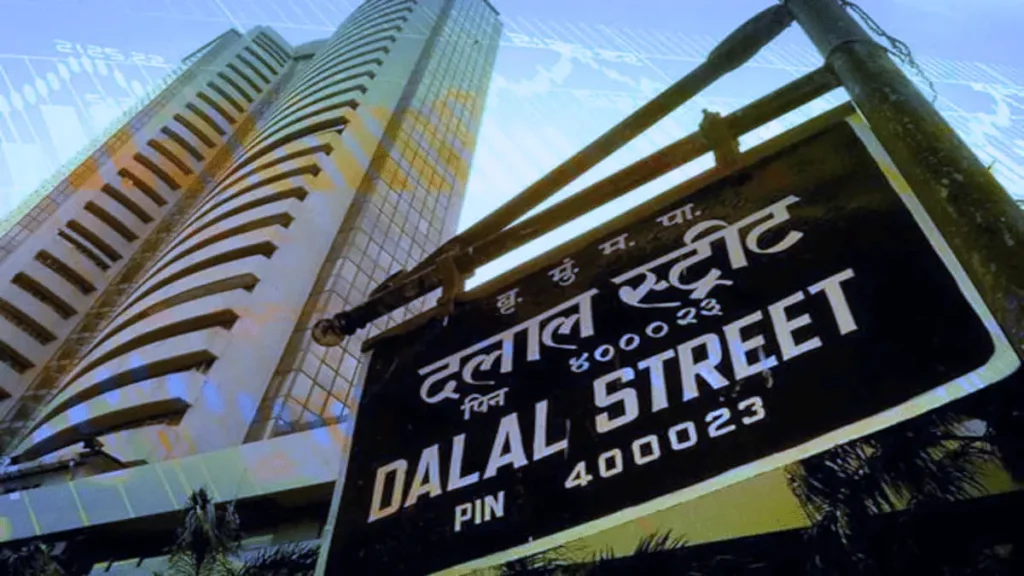The almost two-decade-old IT Act, which governs India’s cyberspace and internet, has to be replaced with a new digital law, according to Union Minister of State for Electronics and Information Technology Rajeev Chandrasekhar.
“The basic law that today regulates cyberspace and the Indian internet is called the IT Act. And the IT Act was enacted in 2000. So it is 22 years old. 22 years in the internet age is like three centuries, five centuries. I think it is clear in our minds, and I think to any observer’s mind, that we need a new digital law,” Chandrasekhar said during Business Today Crypto Conclave 2022.
According to the minister, the new digital law should handle not only all of the opportunities and rules that go along with them but also user harm issues and other areas of the internet for which there are presently no rules.
“For example, the openness, how do we ensure that the App store duopoly is addressed? How do we make sure that these search engine monopolies are addressed? How do we make sure that these new invasive devices like, you know, the glasses are dealt with? There is on the device side…and then there is this whole new emerging phenomenon of AI and algorithms and ethical use of that, Iris…use of that? So all of these areas that we believe are areas that directly impact the consumer and need to be in a sense, if not regulated, but at least need to have proper global standard rules for how intermediaries conduct themselves around these areas or manufacturers, as the case may be, need to be framed,” he added.
According to Chandrashekhar, the Indian Information Technology Act is an antiquated law that doesn’t even speak of the Internet. “We have an IT act which is 22 years old. We have done some intermediary rules, we will do some cybersecurity roles, we will do some privacy rules…it’s all stop-gap bandage type of approach. And if anybody has read the IT Act, you know that the word internet does not even exist in the IT Act. And so, you know, that is how vintage the Act is.”
The minister emphasized the need for a new digital law and stated that India should build a data governance framework because it is such a data-intensive country.
“Now with over a billion Indians who are going to go online and be connected to the internet very shortly, the intensity of the public cloud, the expansion of the public cloud is going to be very, very fast in the next two-three years. So we are going to be sitting on huge amounts of data. A data governance framework, a data management, institutional framework, new digital law, data protection law — these are to be seen as pieces of an overall overarching sort of jurisprudence that will allow both start-ups and innovation to continue to grow and prosper, as well as protect the user and the citizen from all of the risks and ills of the internet,” he further stated.
Chandrasekhar underlined that the government is fairly far along in the process of thinking, though he did not provide specific specifics or a timeline for introducing the new structure. According to him, the goal of policymaking is to ensure that the internet remains open at all times and is safe, trustworthy, and accountable to users and consumers.

